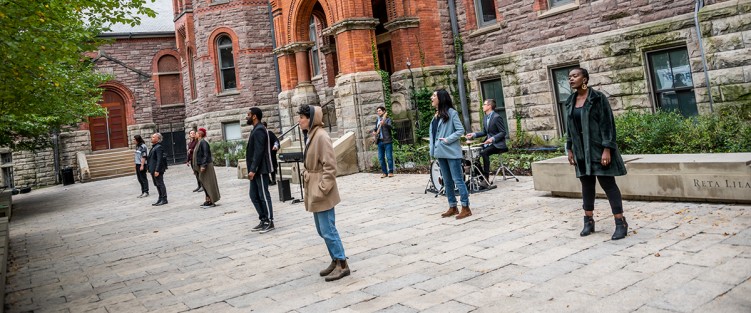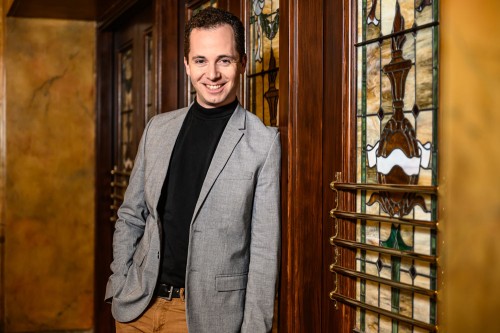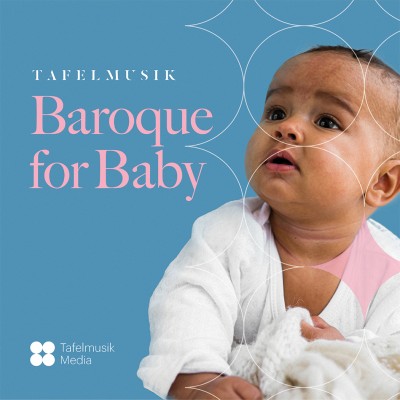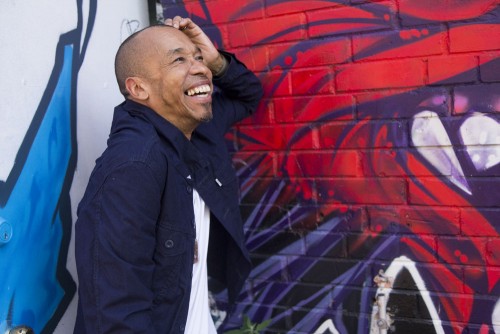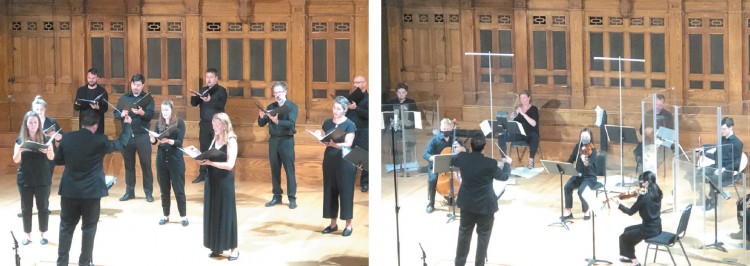From both a local jazz and personal perspective, I didn’t think it could get any worse than 2019 where, as I wrote here previously, in rapid succession the deaths of Ed Bickert, Gary Williamson and John Sumner robbed the Toronto scene of three of its best musicians, and for many of us, of three long-standing and treasured friends. Norma Thompson and Rochelle Koskie, two great ladies who had adorned the Toronto scene for decades, also passed. In the middle of all of this I fell and tore up my shoulder pretty badly – very small potatoes compared to dying – but for a time the injury called into question my future as a bass player. And about a month later, my good friend Patti Loach had a bad cycling accident and tore up her clavicle. Pianist Norman Amadio made it through 2019, but just barely, dying on January 21, 2020 after a long decline. But his death, coming before the pandemic hit us, seems like last year, too. Several times back then I said out loud that on a close-to-home level, it was the worst year I could remember, ever. How wrong I was.
Cortege
2020 has seen more deaths of jazz musicians than any other year in memory. Not all of these were COVID-related, but many were. Here’s a partial list – the ones I can remember off the top of my head – and it’s not even Halloween yet: Lee Konitz, Ellis Marsalis, McCoy Tyner, Annie Ross, Holli Ross, (no relation but also a wonderful singer), Steve Grossman, Henry Grimes and Giuseppi Logan (days apart in April), Johnny Mandel, Jimmy Cobb, Lennie Niehaus, Eddie Gale, Helen Jones Woods, Robert Northern, Cleveland Eaton, Keith Tippett, Gary Peacock, Ira Sullivan, and two men who were not musicians but who each had a major impact on jazz for many years – Chicago-based promoter Joe Segal and writer/critic Stanley Crouch.
And this doesn’t include musicians in other fields – Bill Withers, Peter Green (for my money the best British blues guitarist of them all), Charlie Daniels, John Prine (broke my heart), Eddie Van Halen and many others I’ve no doubt forgotten. Like the ballpark hawker says, “Get yer program, folks, you can’t tell the (dead) players without a program!” There have been more jazz obit notices in my email than nuisance promotions lately. The virus taketh away and then it taketh away more.
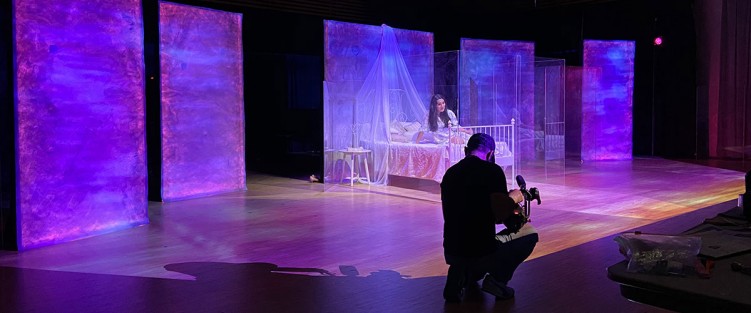 How do you teach opera during a global pandemic?
How do you teach opera during a global pandemic?

